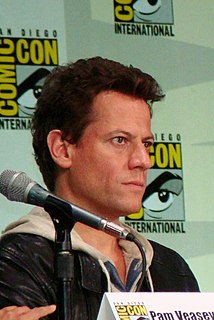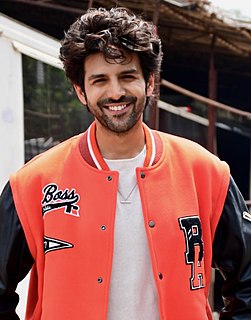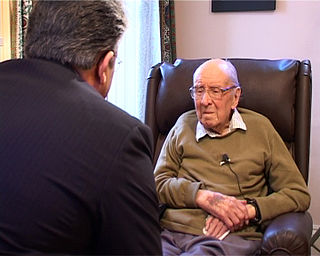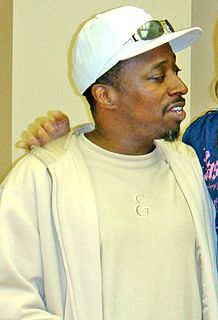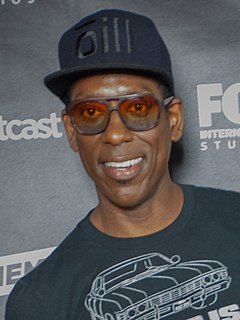A Quote by Philip Pullman
He's [Jesus] the most fascinating character in history, really - the character who's made more difference to the world than anyone since him. I daresay that Muslims would say Muhammad was that character, but I think Jesus had a sort of 600-year start on him.
Related Quotes
The obvious example would be Jesus. Jesus is an object of fascination for me. He's an interesting historical character because we don't know much about him. He seems to be a guy who was in touch with something deeper than most people around him were and someone who was very concerned with trying to communicate that.
Muhammad was a prince; he rallied his compatriots around him. In a few years, the Muslims conquered half of the world. They plucked more souls from false gods, knocked down more idols, razed more pagan temples in fifteen years than the followers of Moses and Jesus did in fifteen centuries. Muhammad was a great man. He would indeed have been a god, if the revolution that he had performed had not been prepared by the circumstances.
It's really an organic sort of process. You start off with the character on the page. You fall in love with that character and you have to represent that character well and I think it's just an evolution there. Using the accent and speaking the lines with the accent in fact opens the door to who the character really is.
His readiness to undergo persecutions for his beliefs, the high moral character of the men who believed in him and looked up to him as leader, and the greatness of his ultimate achievement - all argue his fundamental integrity. To suppose Muhammad an impostor raises more problems than it solves. Moreover, none of the great figures of history is so poorly appreciated in the West as Muhammad.
Within a single scene, it seems to be unwise to have access to the inner reflections of more than one character. The reader generally needs a single character as the means of perception, as the character to whom the events are happening, as the character with whom he is to empathize in order to have the events of the writing happen to him.
Brains and character rule the world. The most distinguished Frenchman of the last century said: Men succeed less by their talents than their character. There were scores of men a hundred years ago who had more intellect than Washington. He outlives and overrides them all by the influence of his character.




